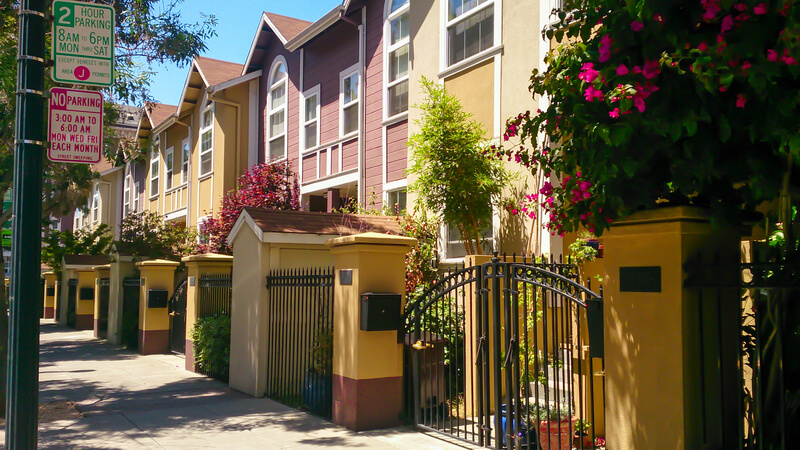Financing a Townhouse
Financing a Townhouse with Government-Backed Loans and Conventional Mortgages
Generally, townhouses are eligible for the same loan products as single-family homes. Government-backed loans like FHA, FHA 203K, and VA loans are available as well as a wide variety of conventional conforming and non-conforming products, both private and retail. The lender will have to take homeowners association dues and any upcoming or levied assessments into consideration. Some associations cover insurance while others don’t, this is another important factor for calculating carrying costs. If these additional fees are too high, they could push the buyer outside the lender’s acceptable debt-to-income ratio resulting in loan disqualification.
Every once in a while, you might come across a townhouse that is governed by a condominium association. In these cases, obtaining government-backed financing can be more difficult. You would need to ask your lender if the condominium complex has been approved for FHA / VA financing. If the complex hasn’t been approved, the lender might be able to perform a single-unit approval. If your lender is unwilling or unable to do single-unit FHA / VA approval, you can always shop around for a lender that is more comfortable with the process.
Fee Simple Townhome Financing:
- FHA
- VA
- FHA 203K
- Conventional
- Jumbo Loans
Condominium Townhouse financing:
- Is complex approved?
- Single Unit Approval
- Shop around !!!



